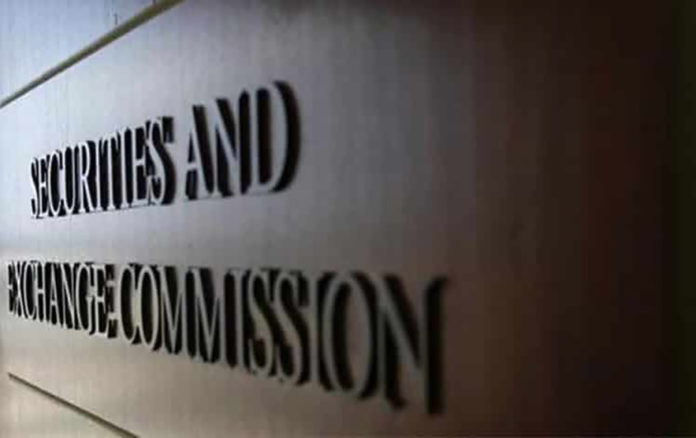ISLAMABAD: The Securities and Exchange Commission of Pakistan (SECP) has issued its inaugural certificate of Shariah compliance to two pioneering Real Estate Investment Trusts (REITs) – Signature Residency REIT and Rahat Residency REIT.
The milestone comes after a Federal Shariat Court (FSC) judgement from earlier this year which urged the government to usher in an interest-free lending system. In response, the SECP released the comprehensive “Guidelines for Offering Islamic Financial Services 2023.” These guidelines mark a pivotal step in transforming conventional financial entities into Shariah-compliant enterprises. Since the issuance of these guidelines, a surge of entities has sought certification to align with Shariah principles.
REITs and Shariah compliance
REITs are not a concept unique to Pakistan, but they are an underutilized one. Essentially, a REIT is an ownership structure under which public or private ‘shareholders’ split ownership of a real estate project. The ‘REIT’ is a legal entity that either acquires land to develop real estate or acquires already developed real estate . The developed real estate is then either sold or rented out, and the money from this is then distributed among the unit holders or ‘shareholders’ in the REIT. In Pakistan, going for a REIT offers many benefits in the form of tax breaks. For REIT projects, there is no tax on capital gains on transfer of immovable property.
REITS involve public money as well. They are collective investment schemes that take money from investors and deploy it in real estate projects. Because REITs are listed on the PSX, they offer a degree of protection and transparency that regular real estate projects just do not have. And with trust in real estate at an all-time low, a REIT project brings with it a certain level of legitimacy.
However, there has always been demand for Shariah compliant investment opportunities in Pakistan and the state machinery has been working towards opening these avenues ever since the FSC judgement and the announcement by the last government that they were moving towards an interest-free financial system.
The new Shariah approved REITs
At the forefront, the Signature Residency REIT stands as a closed-end developmental REIT, boasting an impressive fund size of Rs. 825 million and an indicative life span of 4 years. Its core objective revolves around constructing apartments and retail units on designated land parcels. By selling these units to customers, the REIT aims to generate income for its investors. On a similar note, the Rahat Residency REIT mirrors its counterpart’s approach. It too is a closed-end Shariah-compliant developmental REIT, boasting a fund size of Rs. 1,650 million and a projected life span of 5 years.
Under the REIT framework, investors will forge a Shirkat ul Aqad partnership. This partnership model will facilitate the acquisition of real estate and the execution of contracts encompassing construction, financing, sales, and redemption. All actions will align meticulously with the guidelines provided by Shariah Advisors, ensuring a harmonious alignment with Islamic principles.
This momentous issuance of Shariah compliance certificates to the REIT developments marks a transformative stride. It bridges the realms of real estate and Islamic financial markets, offering Shariah-conscious investors a structured and transparent avenue for investment. This initiative not only propels Pakistan’s financial landscape towards ethical finance but also introduces a regulated platform that marries the virtues of Shariah compliance with the dynamic realm of real estate investment.
Growing demand for Shariah-compliant banking
The growing demand for Shariah-compliant financing and its remarkable growth across the country further highlights the attractiveness of Islamic banking. Islamic banking in Pakistan has experienced remarkable growth, with assets totaling over Rs 6 trillion and deposits reaching Rs 5 trillion in 2022.
As evidenced by the State Bank of Pakistan’s survey, which polled 10,000 households, a staggering 74% expressed willingness to switch to Islamic banking, indicating not just receptiveness but also support for the Riba-free banking system. This overwhelming demand for Islamic banking in the country is evident from the survey results, reinforcing the promising prospects of the industry. Apart from the growing demand, banks are aware of how Islamic banking has the capacity to increase market share significantly while also providing high returns due to its low deposit costs.




